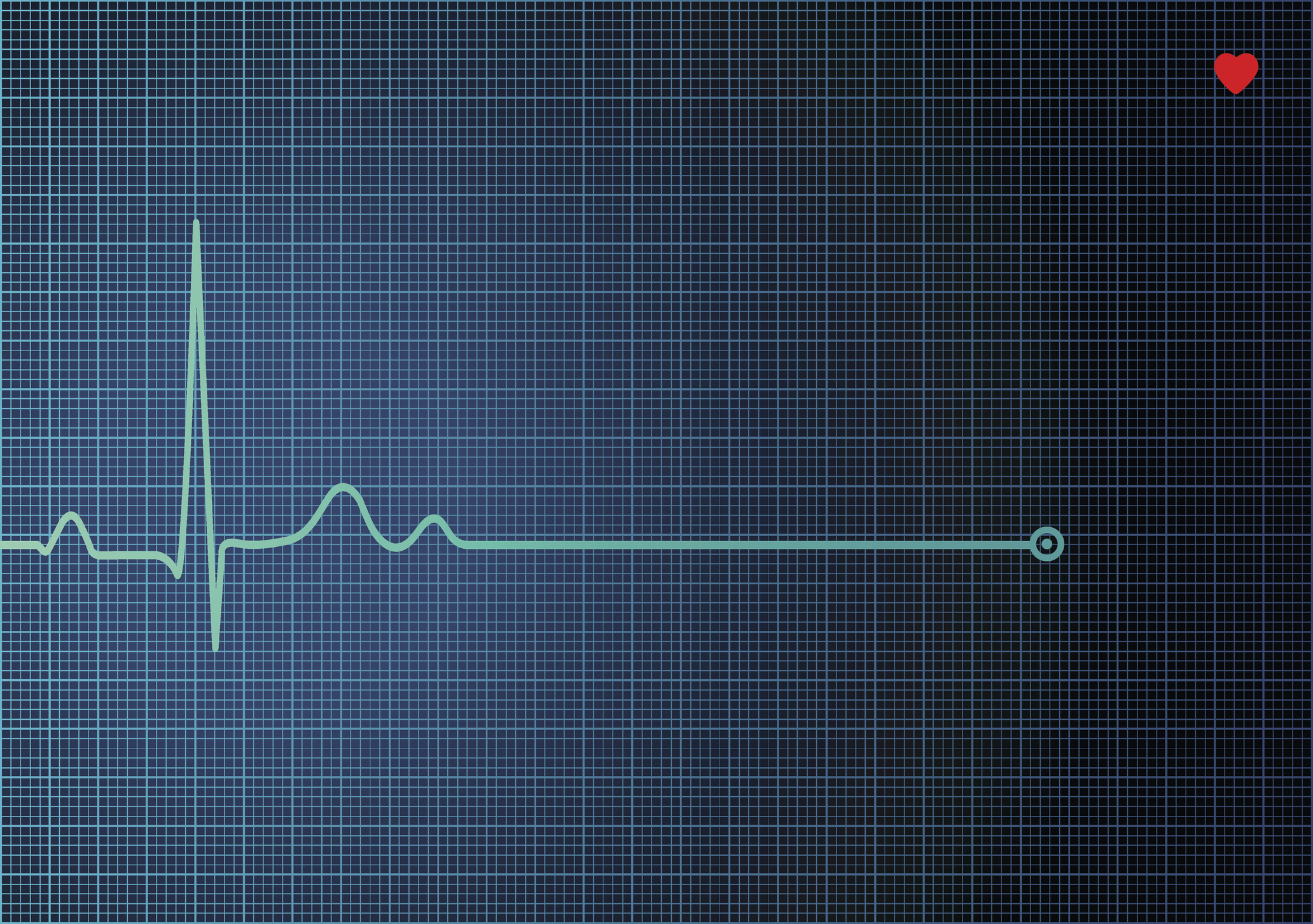Chronic illness can take many forms. Common types that I see in my practice include migraines, irritable bowel syndrome (IBS), fibromyalgia, and chronic back pain, all of which are associated with depression.
No matter what type of chronic illness you have, you are likely all too aware of the profound effects it can have on your mental health and day-to-day functioning. Although chronic illness is a massive challenge to your psychological functioning, there are some ways that you can moderate its impact on your perspective and emotional wellbeing.
Understand That You are on a Long and Winding road
Many people search for “magic bullet” solutions to the depression that frequently accompanies chronic illness. Some of these solutions, like medication, therapy, and alternative holistic treatments, may work better than others. However, it is key to understand that depression related to physical health issues will likely be with you in one form or another for a long time.
While depression can remit at times, there is always the possibility that it will recur. If you can take a long-term perspective and understand that you will likely always be dealing with the ebb and flow of mental health concerns, then you will feel less hopeless when your depression or other mental health issues return.
Guard Against Isolating Yourself
When people have chronic illness, they are at risk of feeling like a misfit, struggling with everyday things that seem to cause other people no issues at all. For example, if you have to miss work frequently because of migraines, it is hard not to feel like a social outcast who doesn’t know the gossip and can’t even be counted on to attend the holiday party. Those with chronic illness can’t be blamed for thinking, “I shouldn’t even try to be social, since it rarely works out.”
This is a dangerous and slippery slope, though, and can result in increased feelings of lonelinessand isolation. Try to attend events that you feel well enough to attend, and if you cancel plans with friends, be sure to reschedule. Additionally, finding an in-person support group or even one online can be essential in helping you feel less alone with your illness.
Focus on Self-Compassion
Comparing yourself unfavorably to others who can do “more” than you can is a surefire way to feel depressed and stuck. Instead, think about ways to be as compassionate with yourself as you would be with a close friend.
Focus on what you are accomplishing, even with your chronic illness, and how you are living a meaningful life despite the obstacles life has put in your way. Talk to yourself in the same kind and compassionate tone that you would use with a beloved family member, and steer clear of negative self-talk that can spiral into feelings of despair.
Plan Positive Things for the Future
Even though plans may have to be altered because of the vicissitudes of chronic illness, you still need to have things to look forward to. You can even have backup plans scheduled in case you are unable to attend other events or gatherings.
For example, you can plan to visit a friend in a nearby city next month, but be sure to tell her that if you need to cancel, maybe you can find a weekend the following month instead. Maybe she can come to you if need be. Most people are much more accommodating and flexible than we imagine, and looking forward to events in your life can help buffer the depressive feelings that often go hand-in-hand with chronic illness.
Need to Talk Through It? Therapists Are Here for You!
Hopefully some of these techniques can help you fight back against the mental health effects of chronic illness. A therapist can also work with you to effectively integrate some of these strategies into your life.
Remember: chronic illness, although it can feel consuming, does not have to define your life or permanently impact your mental health.
Originally published on Talkspace.
More from Talkspace:
How Financial Issues Impact Your Mental Health
Reframing is Therapy’s Most Effective Tool, Here’s Why
Asking “Are You Having Kids?” Can Damage a Person’s Mental Health, Here’s Why…
Follow us here and subscribe here for all the latest news on how you can keep Thriving.
Stay up to date or catch-up on all our podcasts with Arianna Huffington here.


